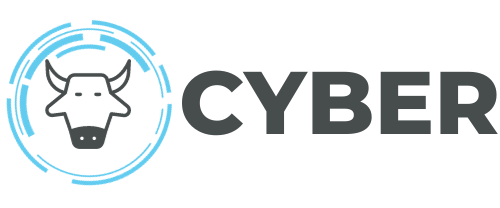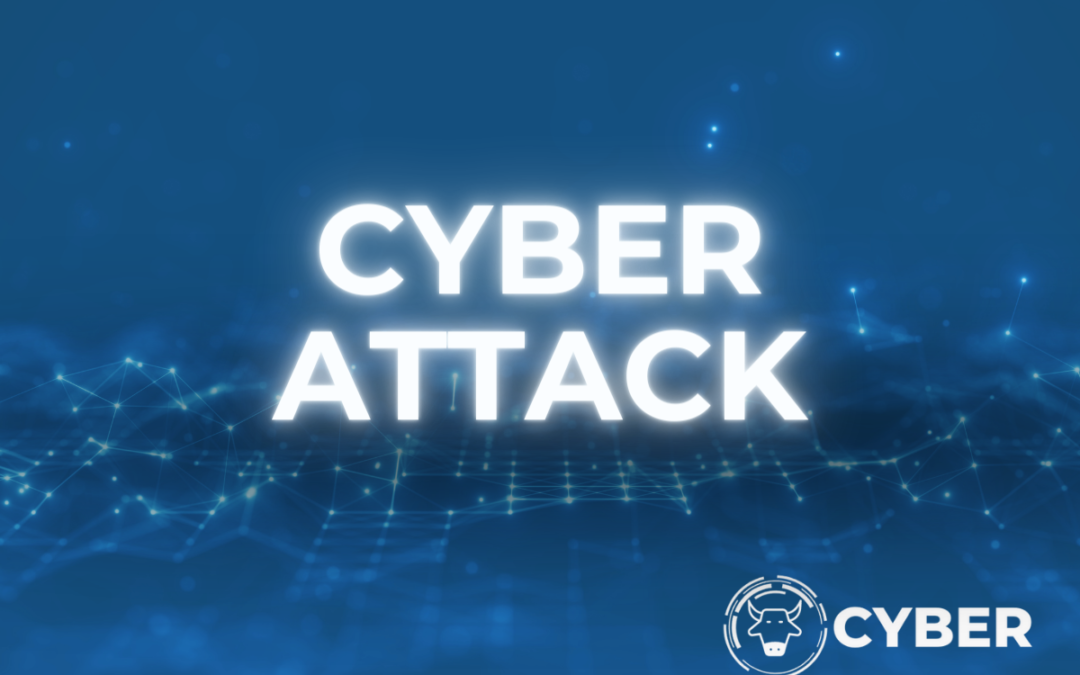Actively protecting your business from cyber threats is no longer an option, but a necessity. Cybersecurity breaches can happen to any organisation, regardless of its size or industry. Here, we delve into some fundamental ways to fortify your business against cyber-attacks and enhance your organisation’s cybersecurity.
Many companies find themselves in one of three mindsets when it comes to cybersecurity, which can significantly influence their approach to protection:
- Panic: Reacting hastily to an attack can lead to impulsive and misinformed decisions, where the wrong or unnecessary products are purchased.
- Hide: Adopting the belief that your business is too insignificant to be targeted is dangerous. Cybercriminals often exploit vulnerabilities indiscriminately, seeking out weaknesses rather than specific targets.
- Plan: Implementing a strategic approach to cybersecurity, characterised by planning, action, verification, and continuous evolution, yields the most effective results.
Simplifying cyber security
The constant evolution of IT trends and terminology, contributes to the prevalence of fear, uncertainty, and doubt for businesses when navigating the cybersecurity landscape. Simplifying cybersecurity discussions can facilitate decision-making and resource allocation for organisations.
Amidst a plethora of cybersecurity solutions, the temptation to adopt a one-size-fits-all approach is alluring but misguided. Instead, organisations should focus on understanding their specific needs and investing in solutions that address them effectively. Regulatory requirements, such as GDPR, should not overshadow the intrinsic benefits of robust data protection measures.
Drawing parallels between physical and digital security illustrates the importance of maintaining a well-maintained digital presence. Neglected digital assets can attract malicious actors, much like poorly maintained physical spaces invite criminal activity. Thus, organisations must prioritise routine maintenance, monitoring, and upkeep of their digital infrastructure.
What can you do?
Effective cybersecurity doesn’t need large financial investments or complex solutions. Implementing basic hygiene practices, such as software updates, strong password policies, multi-factor authentication, regular backups, and employee training, can significantly enhance security resilience.
Regular security assessments and employee training sessions are vital components of a robust cybersecurity strategy. Using resources provided by bodies like the National Cyber Security Centre (NCSC) and engaging with Managed Security Service Providers (MSSPs) can help improve an organisations security capabilities.
Whilst Hollywood narratives often dramatise cyberattacks, the reality is often more mundane. Email phishing remains a prevalent source of attack, emphasising the importance of email security measures and user awareness training. Recognising and mitigating phishing attempts can disrupt cyber threats before they escalate.
Investing in cybersecurity is an investment in the longevity and integrity of your business. Whether through self-implementation or enlisting the assistance of domain service providers, prioritising cybersecurity measures is imperative for safeguarding your organisations assets and reputation.
Cybersecurity is not a one-time task but an ongoing commitment to vigilance, preparedness, and resilience. By adopting a proactive mindset and implementing foundational security practices, businesses of all sizes can mitigate the risks posed by cyber threats.

